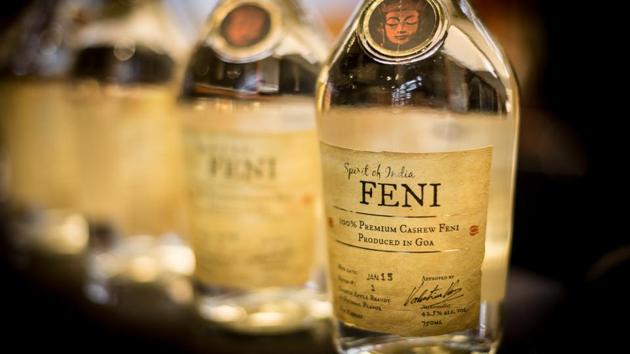Goa’s plans to standardise feni brews up a spirited debate
The government-approved agency, it is planned, will authenticate the maturity of feni and bring about a uniform improvement in quality.
Alexis Rodrigues is a worried man. A resident of Benaulim on Goa’s coast, he has lived his life brewing feni for tourists who come to get high on the locally brewed spirit. But that may not be the case for too long, if the Goa government has its way.

In a bid to boost its acceptance both nationally and internationally, a top-level government committee has recommended setting up an agency to standardise the drink, a major tourist attraction, besides the state’s sun-soaked shores. The government-approved agency, it is planned, will authenticate the maturity of feni and bring about a uniform improvement in quality.
But locals such as Rodrigues, 60, who run makeshift feni distilleries from their homes, are distraught. “The government now wants to bring in a bottled product and get into the entire thing of branding the feni with a logo. What they cannot understand is that the beauty of the drink lies in the fact the best feni is made in small distilleries like ours, which operate from home,” Rodrigues pointed out.
The feni made in homes and shacks dotting the beaches of Goa are a rage in small eateries. The fear now is that once the government-decreed standardisation comes into effect, big distilleries would drown out the small ones and drive them out of business.
Read more | Highway liquor ban could ruin Goa party as 3,200 outlets go dry
Many find the situation ironical. “The best feni in the world is made by women from our area. It is an unstructured business and the beauty lies in how in every household a separate variety of the liquor can be found,” said Noel D’Costa, a small distiller of Valpoi. He fears once standardisation kicks in, feni will become expensive. “Not everyone can afford the measures the government wants to introduce. Only those who can pump in the money will be able to survive this standardisation,” D’Costa added.
According to official figures with the Cashew Feni Distillers and Bottlers Association, there are about 3,500 big and small distillers in Goa. The actual figure could be higher because not every distillery is accounted for.
Officials said the mushrooming of distilleries also led to adulteration. “Feni can easily be made locally and a lot of people make it in their homes without proper machinery. It is due to this reason that the chances of the drink getting adulterated and lack of hygiene are common.,” said Mac Vaz, president of Cashew Feni Distillers and Bottlers Association.





